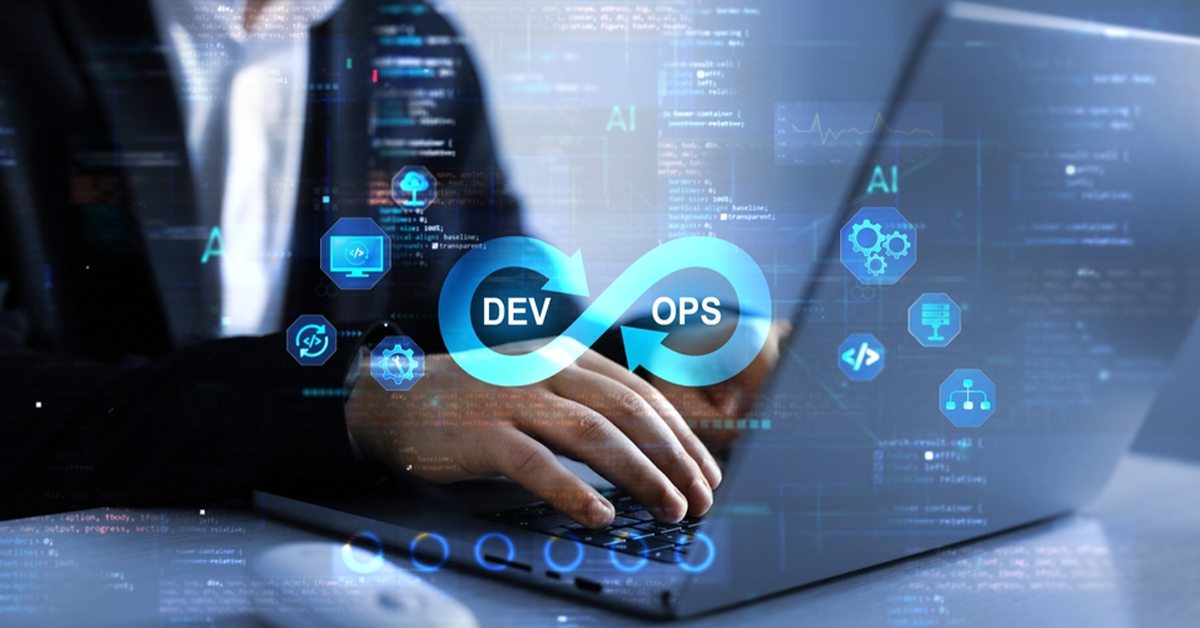In today’s fast-paced tech landscape, DevOps Engineer vs Software Engineer isn’t just a debate—it shapes how teams build, deploy, and maintain software effectively. Both are crucial roles, but they have distinct focuses and skill sets.
What Does a Software Engineer Do?
A software engineer designs, writes, tests, and maintains code. Using programming languages, data structures, and design patterns, they build the applications users interact with. Their day might include:
- Turning requirements into software features
- Debugging and maintaining existing systems
- Running tests to ensure quality
- They collaborate with designers, QA teams, and other developers. Once the code is delivered, they move on to the next project.
What Does a DevOps Engineer Do?
DevOps engineers bridge the gap between development and IT operations, focusing on automation, infrastructure, and deployment reliability. Their responsibilities include:
- Creating CI/CD pipelines (e.g., Jenkins, Ansible)
- Automating builds, testing, and deployment
- Managing containers (Docker, Kubernetes)
- Monitoring live systems and troubleshooting issues
Key Differences: DevOps vs Software Engineer
The core distinction lies in scope. Software engineers excel at crafting applications, focusing on code logic and feature delivery. DevOps engineers extend that by optimizing infrastructure and delivery pipelines to operationalize and maintain those applications.
Where software engineers prioritize code correctness, efficiency, and user experience, DevOps engineers prioritize deployment speed, automation, monitoring, and uptime. They bridge the gap between development and operations teams, ensuring systems scale and recover gracefully.

Skills & Tools
Software engineers typically master programming languages (Java, Python, C++), software design, algorithms, testing, and debugging tools. They work extensively with version control systems and frameworks.
DevOps engineers, in contrast, need coding skills plus strong expertise in scripting (Python, Bash), automation (CI/CD), containerization (Docker, Kubernetes), cloud platforms (AWS, Azure, GCP), and IaC (Terraform, Ansible). They also manage system monitoring, networking, and security.
Choosing or Transitioning: Which One?
- Startups/smaller teams often need hybrid DevOps developers who can build apps and manage deployments.
- Larger organizations typically separate roles for deeper specialization.
- A software engineer can transition to DevOps by learning automation, CI/CD, and cloud infrastructure.
Conclusion
Ultimately, DevOps vs software engineer is not a competition but a complementary relationship. Software engineers craft the application, while DevOps engineers ensure it’s built, deployed, and maintained efficiently. The decision comes down to your team’s stage, project needs, and long-term strategy. For rapid deployment and scalable infrastructure, DevOps expertise is critical. For complex feature development, strong software engineering is indispensable.





